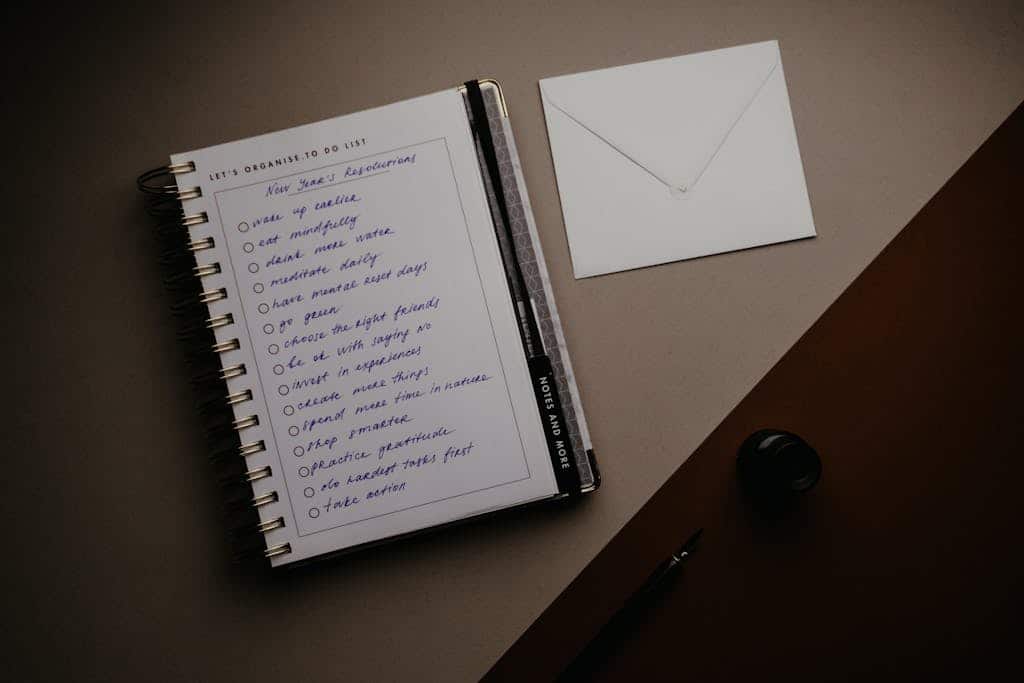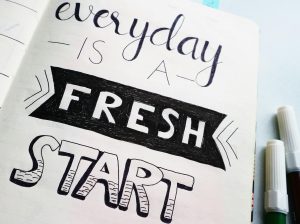How to Stop Procrastinating
Waiting for the perfect time? It doesn’t exist! Procrastination keeps us stuck in a cycle of ‘tomorrow,’ but the key to progress is taking action today. In this post, you’ll discover simple and effective strategies to overcome procrastination, stay focused, and finally get things done, because the best time to start is now!

If you feel stuck staring at tasks you know you need to do learning how to stop procrastinating when overwhelmed can help you move forward again. Procrastination is often a response to stress mental overload or fear of starting. This post shares gentle realistic ways to break the freeze and make progress without burning yourself out.
Procrastination is something we’ve all struggled with at some point. It can be frustrating and stressful whether it’s putting off an important task, delaying a personal goal, or waiting until the last minute to complete work. But the good news is that procrastination isn’t a permanent habit; you can overcome it with the right strategies. With a little effort and the right mindset, you can develop habits that will keep you on track and productive without feeling overwhelmed.
In this post, we’ll dive into why we procrastinate, practical ways to stop, and how to build lasting productivity habits that help you get things done. By understanding the root causes and implementing simple yet effective techniques, you can start making real progress and reclaim control over your time and responsibilities.
Why Do We Procrastinate?
Before we tackle how to stop procrastinating, it’s crucial to understand why we do it in the first place. Many of us delay tasks not because we are lazy, but because certain psychological and emotional factors hold us back. Fear of failure can be a reason, as we might hesitate to start something if we think we won’t do it perfectly. This can lead to avoidance behaviors where we choose easier, less important tasks instead. Feeling overwhelmed is common when tasks seem too big or complicated; it can be hard to get started. If you don’t break it down into smaller steps, it can feel impossible to take on.
Lack of motivation is also a key contributor. Some tasks aren’t exciting or engaging, making them easy to ignore in favor of more enjoyable distractions. In today’s world, distractions are everywhere; from social media notifications to streaming services, there’s always something more interesting than what we “should” be doing. Additionally, perfectionism plays a significant role in procrastination. We often wait for the “perfect” time or the “right” mood to start working, which never seems to come. These factors create a cycle where we keep putting things off, leading to stress and decreased productivity.

Break Tasks into Small Steps
When a task feels overwhelming, breaking it down into smaller steps can make it more manageable. Instead of telling yourself to “write a blog post,” break it into sections like brainstorming ideas, outlining key points, writing a rough draft, and editing the final version. This method reduces the mental load and makes each step feel achievable rather than daunting.
Seeing small wins along the way keeps us motivated and makes the whole task feel more manageable.
You may prevent the mental block when you view a project as an overwhelming undertaking by concentrating on one tiny step at a time. You also create a sense of accomplishment with each completed step, reinforcing your motivation. If you struggle with starting a task, tell yourself that you’ll only do the first step. Once you get started, it’s much easier to keep going; getting over that first hurdle is usually the hardest part.
I used to stare at my to do list and felt like I was facing a monster. ‘Writing a report’ sounded like climbing Everest in flip flops. Then, I discovered the magic of breaking things down. Instead of ‘writing a report,’ I’d write:
1. Research for 30 minutes.
2. Outline the main points.
3. Write the introduction.
Suddenly, it felt doable! It’s like eating an elephant, one bite at a time. Trust me, those little wins feel amazing. They give you a boost of momentum and make the whole thing less scary.”

Use the 5-Minute Rule
This one’s a game changer. Tell yourself, ‘I’ll work on this for five minutes.’ That’s it. Five minutes. It’s like a Jedi mind trick for your brain. The hardest part is starting. Once you get going, you’ll often find yourself going past five minutes. I’ve used this for everything from writing to cleaning. It’s surprising how much you can get done when you only have to commit to a tiny start.” If 5 minutes isn’t enough, start with 10 minutes. The hardest part is just getting started, but this time trick takes the pressure off and makes it feel so much more manageable.
Remove Distractions to Overcome Procrastination
Okay, let’s be brutally honest: our phones and tablets are like little, glowing portals to distraction. They’re designed to steal our focus, and they are good at it. I had to get serious. I put my phone on ‘Do Not Disturb’ mode, used website blockers to keep me away from the rabbit hole of social media, and even created a dedicated workspace where I could shut out the world. It felt intense, like I was building a fortress, but it worked! Find what distracts you, identify those sneaky time wasters, and get rid of them. Maybe it’s turning off notifications, putting on some calming focus music, or finding a quiet corner where you can truly concentrate. Whatever it takes, create an environment where you can focus and get things done.

Ready to Get Things Done?
Look, we’re all human. We’re going to have days where procrastination wins. Procrastination is a habit that can be broken. But don’t beat yourself up about it. Don’t let those setbacks define you. Just pick yourself up, dust yourself off, and try again. If you remove distractions and hold yourself accountable, you can become more productive and get things done. The key is to start with manageable actions and build consistency over time. Remember, progress is better than perfection; just take that first step! Each completed task builds momentum, making it easier to stay on track in the future. Start small, be incredibly kind to yourself, and celebrate every single little victory along the way. Remember: You got this!
What’s one task you’ve been putting off? Try one of these strategies today and see how much easier it feels to start. Even the most minor action can make a big difference in shifting from procrastination to productivity.





